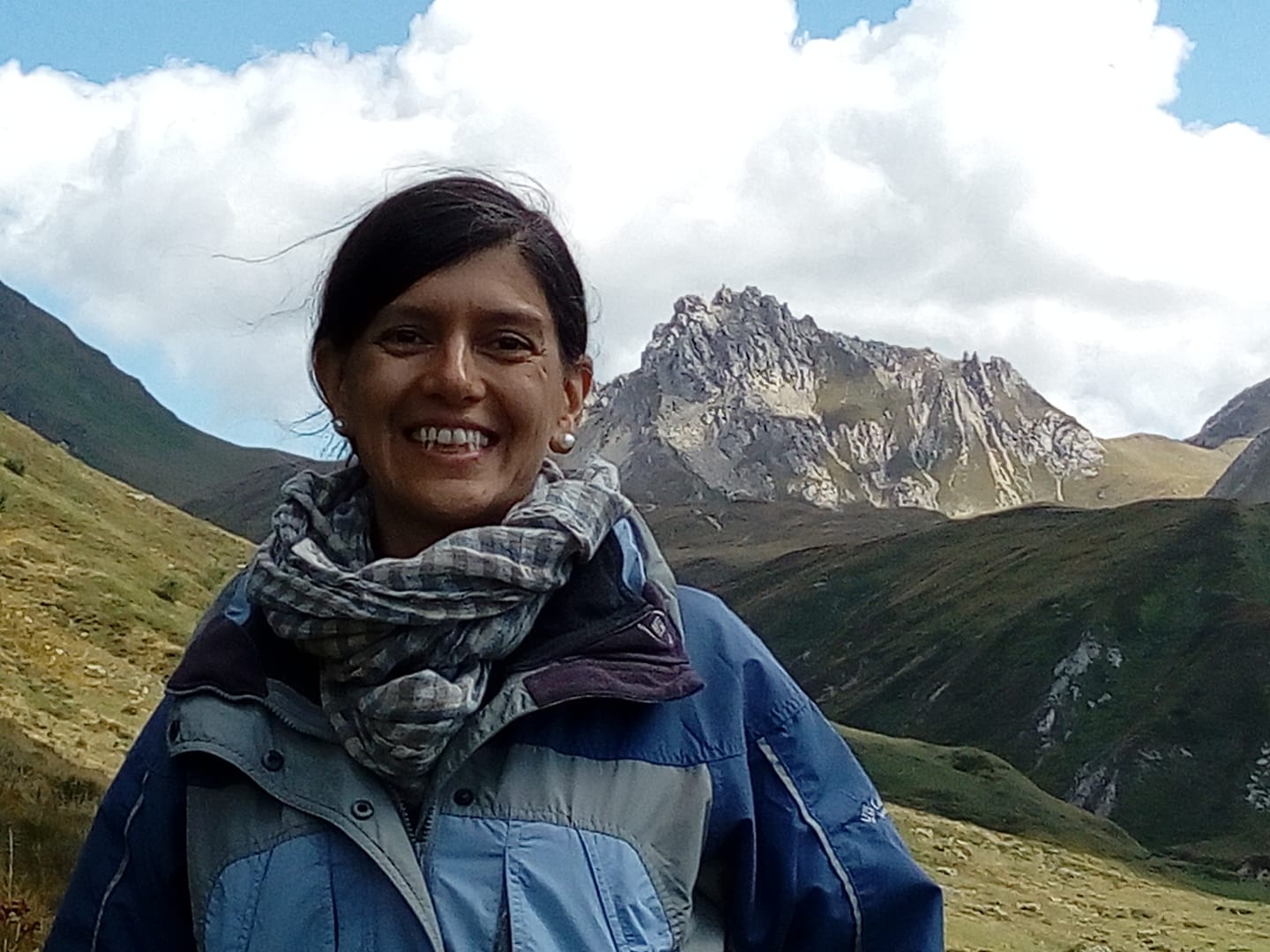Meet a Space Scientist: Maria J. Santos
This month we have interviewed Maria Santos, professor in the Department of Geography at the University of Zurich. Her research focuses on Earth System Science.

What is the main area of your research?
My main area of research is in Earth System Science. The main aim is to understand the coupling between social and ecological processes that affects Earth system processes across scales and the role of biodiversity in this interaction.
What is your connection to the Space sector?
I use remote sensing as a main method, technology and data to answer research questions regarding placing Earth System Science in the context of the Anthropocene. To this regard I use remotely sensed data collected from space, airborne and handheld platforms.
What do you like most about your job?
I like the discovery and curiosity part of it, allied with the application and useability of our research findings. It is exciting to be able to discover unknown patterns and processes that drive our planet, and also to be able to answer the most pressing questions regarding its sustainability and future.
What do you like about Space?
In my case, Space enables a global perspective and understanding. Many processes vary depending on the scale at which they operate at and the scale of observation and study. Being able to observe our planet simultaneously is super powerful to understand and unveil impacts of the feedbacks between ecological and social processes, understanding the 'pulse' of the planet and more holistically think about cumulative and distributed processes, and their variability.
What would be the greatest achievement in the Space Sector?
There are many outstanding achievements that the Space Sector could aim for. From an Earth System perspective, the capacity to monitor biogeochemical cycle properties and biodiversity at the global level would be my first pick!